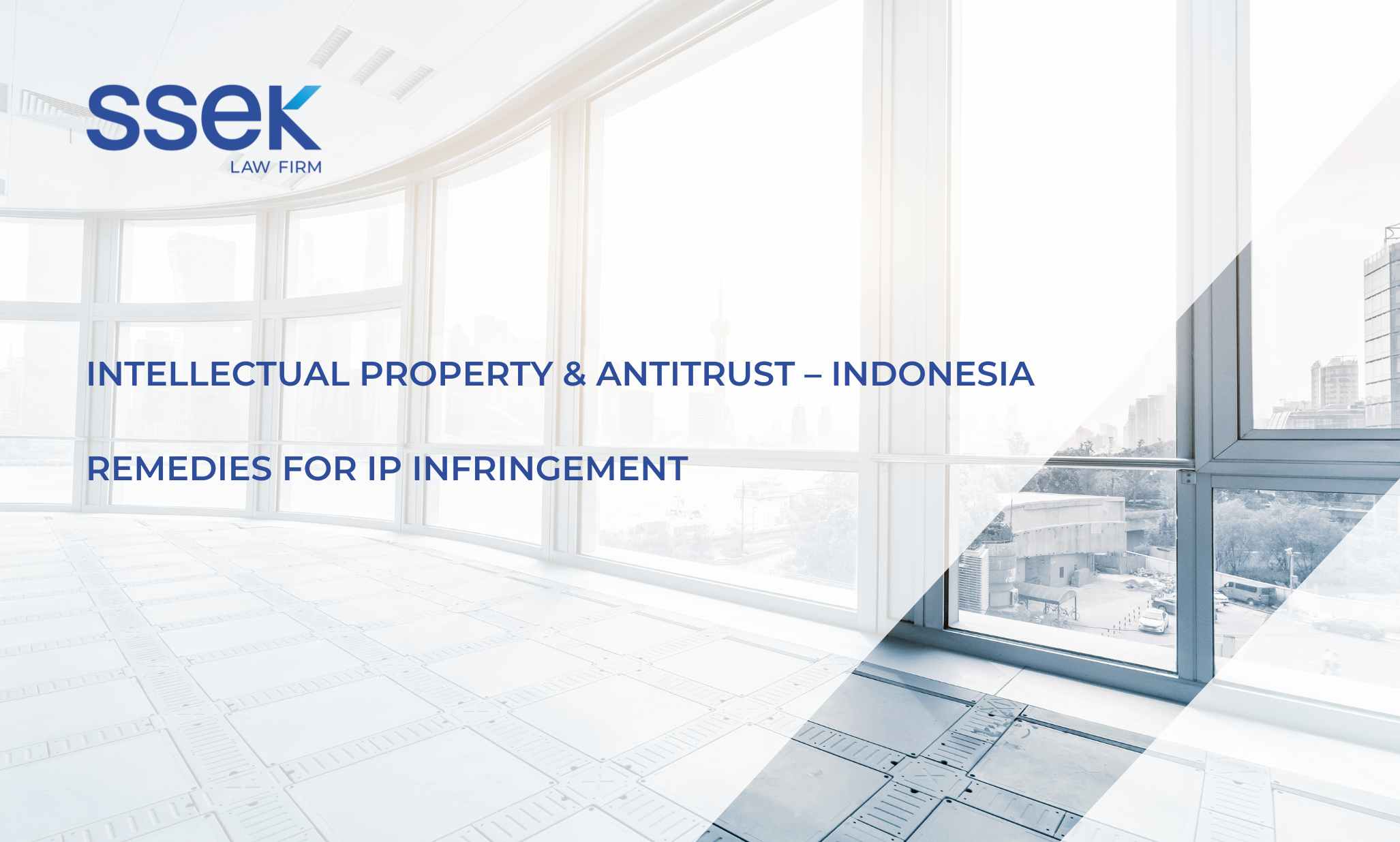

In the Indonesian construction and projects sector, the following risks are typically allocated to the contractor:
- Defects in the contractor's work.
- Injury, loss of life, damage to or loss of property of any party as a result of the contractor's work.
- Physical condition of location/work area.
- Faults or defects by appointed subcontractors.
In some contracts, the contractor may be released from liability for these risks when they result from the employer's gross negligence or wilful misconduct. The freedom of contract principle in Indonesia allows parties to agree on the allocation of risks among themselves.
Excluding liability
Exclusion, restriction or limitation of liability can be done on a contractual basis, where the parties agree to exclude or restrict certain liabilities in their contract. The freedom of contract principle under the Indonesian Civil Code allows the parties of an agreement to freely agree to exclude, restrict or limit the liabilities of the parties, including liabilities for indirect and consequential damages and loss of business or profits. However, the Indonesian courts may refuse to enforce a limitation of liability provision:
- For damages that result from gross negligence or wilful misconduct. An Indonesian court may consider such a limitation of liability contrary to public policy.
- If the party enforcing the limitation of liability did not negotiate or implement the contract in good faith. In its analysis, the court may consider the nature of the agreement, the parties, their expertise and their relationship, among other factors.
- If the provision is inconsistent with the principle of fairness (keadilan), common practice (kebiasaan) and other laws and regulations, under Article 1339 of the Indonesian Civil Code.
Caps on liability
It is typical for the parties to put a limitation of liability clause in their contracts. The limitation of liability is usually set based on the contract value. The implementation of a limitation of liability clause may be subject to a court ruling. In some cases, provisions in a contract stipulate that any liability arising from gross negligence or wilful misconduct will not be capped.
Force majeure
A force majeure clause is included as a mandatory provision that must be inserted in a Construction Work Contract under the Construction Law. Even if not required by the Construction Law, it is common to find a force majeure clause in Indonesian contracts. In addition, the Indonesia Civil Code, in Articles 1244 and 1245, recognises the concept of force majeure.
The following provisions are typically negotiated in relation to project delays:
- Cause of delay. Delays are most commonly caused by:
- the contractor's act or omission;
- the employer's act or omission; and
- events outside the control of the parties (such as force majeure events or change of law). Parties should set out possible causes and consequences for such delays.
- Delay damages. Parties negotiate the amount and cap for delay damages. Delay damages are also related to the cause of delay. For example, the contractor should not be subject to delay damages if the delay was due to force majeure events.
- Extension of time for completion. For certain delays (such as the delay being caused by the employer's request to suspend work), the contractor would normally be entitled to an extension of time to continue its work without being subjected to delay damages or being held in default of the contract.
- Step-in rights. The employer would usually negotiate a provision allowing it to step in and take all necessary actions to end the delay, at the contractor's cost.
- Termination. Parties may also agree that certain degrees of delay by the contractor may result in the termination of the contract.
In regard to contractual provisions to cover variations to the works, parties typically negotiate the:
- Right to vary. Commonly, the employer has the right to request variations of the works. Contractors are usually granted the right to propose variations, subject to the employer's approval.
- Variation procedure. Parties lay down specific mechanisms to commence with variations of the works, including having the contractor submit a proposal, generally containing technical descriptions related to the variations and an estimate of the required expenses.
- Adjustments to contract price. Parties also negotiate how to modify the contract price in light of the variations of works.
Other negotiated provisions
Other heavily negotiated contractual provisions typically include:
- Insurance coverage. Parties negotiate the type, coverage and amount of insurance to be procured by the contractor for the commencement of work.
- Warranties. Parties negotiate the scope and length of warranties provided by the contractor in relation to the work, equipment and materials.
- Performance security. Parties negotiate the form, amount and conditions in relation to performance security or bonds required to be obtained by the contractor in relation to the work.
- Dispute resolution. Parties negotiate the mechanism and choice of forum to resolve disputes that may arise in relation to the contract.
- Terms of payment. Parties negotiate the conditions and schedule for payment in relation to the work.
This is an excerpt from the Indonesia chapter of the Practical Law 2018 Global Guide to Construction and Projects. You can see the full chapter here.
This publication is intended for informational purposes only and does not constitute legal advice. Any reliance on the material contained herein is at the user\'s own risk. You should contact a lawyer in your jurisdiction if you require legal advice. All SSEK publications are copyrighted and may not be reproduced without the express written consent of SSEK.









